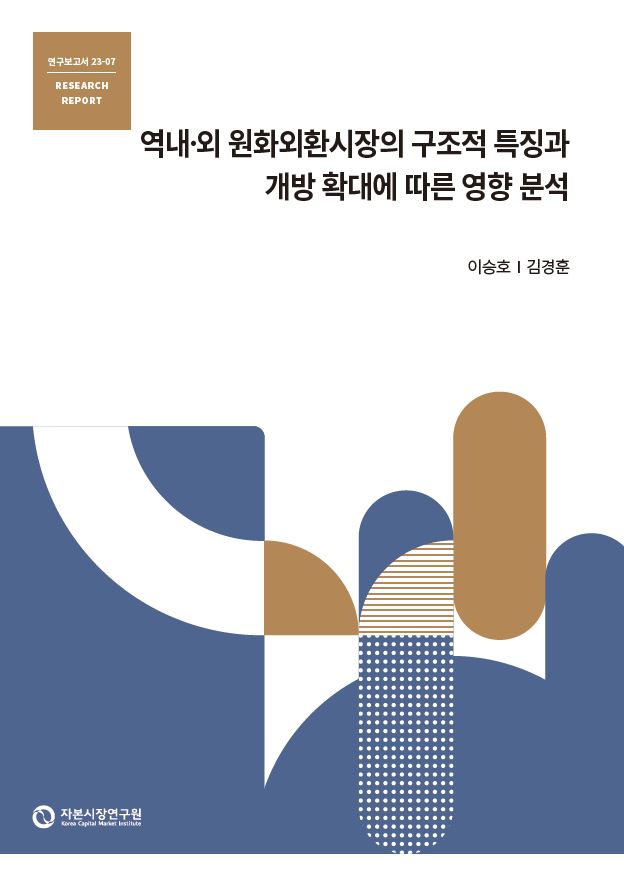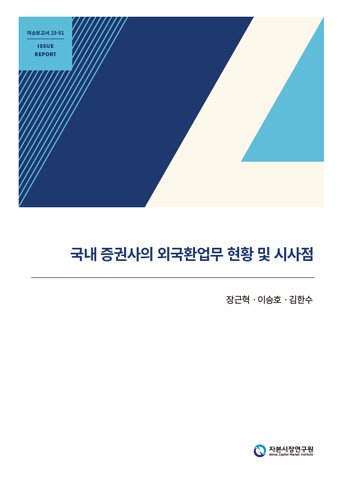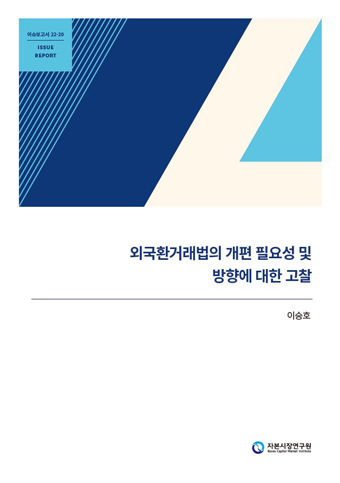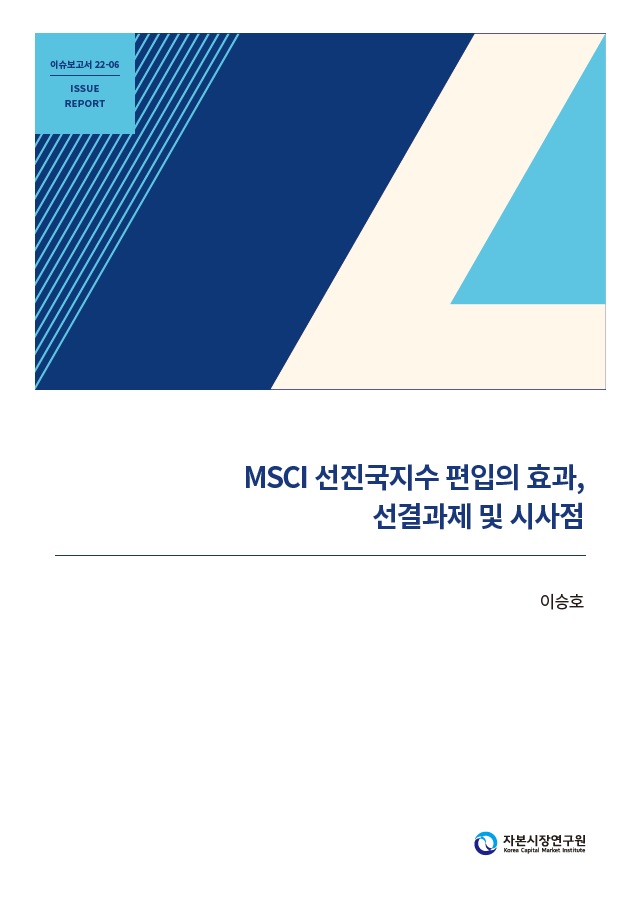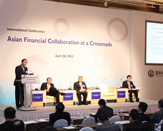Research Staff
LEE, Seungho
Senior Research Fellow Macro-Financial Analysis
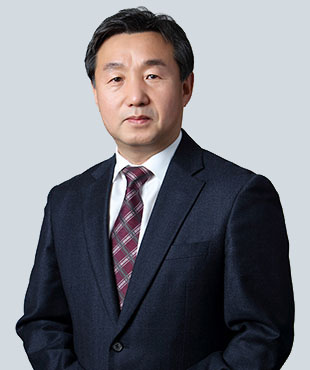
Profile
- TEL
- 82-2-3771-0838
- sgholee@kcmi.re.kr
- Education
- Ph.D., Economics, American University, 1996
- MA, Economics, American University, 1993
- Business Administration, Yonsei Univ. 1989
- Professional Experience
- Senior Research Fellow, Korea Capital Market Institute, 2011.1~
- Senior Economist, IMF(APD), 2006.1~2009.1
- Deputy Head, The Bank of Korea, 1989.1~2010.12
Publications
Characteristics of Korean won FX markets and the effects of market opening to non-residents
Senior Research Fellow LEE, Seungho and others / Oct. 20, 2023
Foreign Exchange Business of Korea’s Securities Firms: Current State and Implications
Senior Research Fellow JANG, GEUNHYUK and others / Jan. 02, 2023
Need and Directions for Reform of the Foreign Exchange Transactions Act
Senior Research Fellow LEE, Seungho / Oct. 24, 2022
Korea’s Inclusion in MSCI Developed Market Index: Impacts, Challenges and Implications
Senior Research Fellow LEE, Seungho / May. 11, 2022
